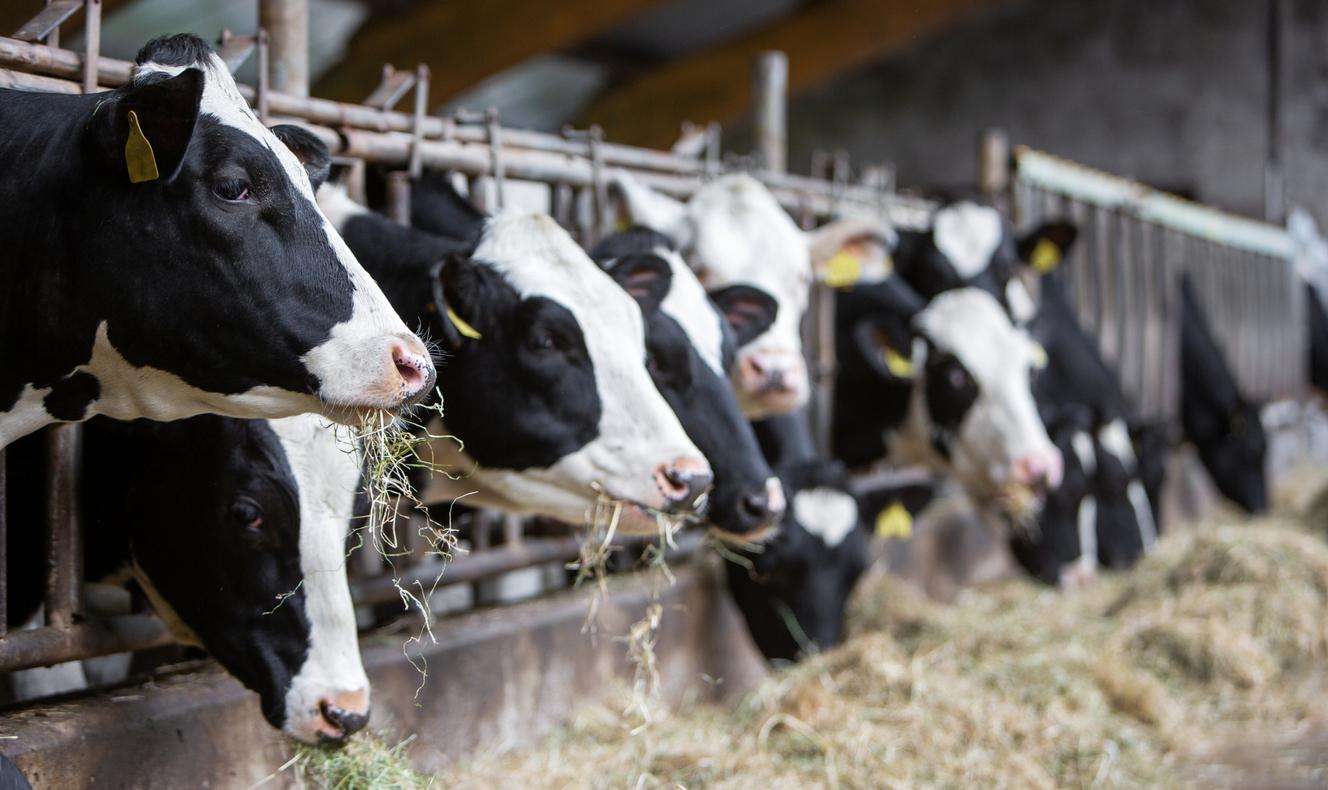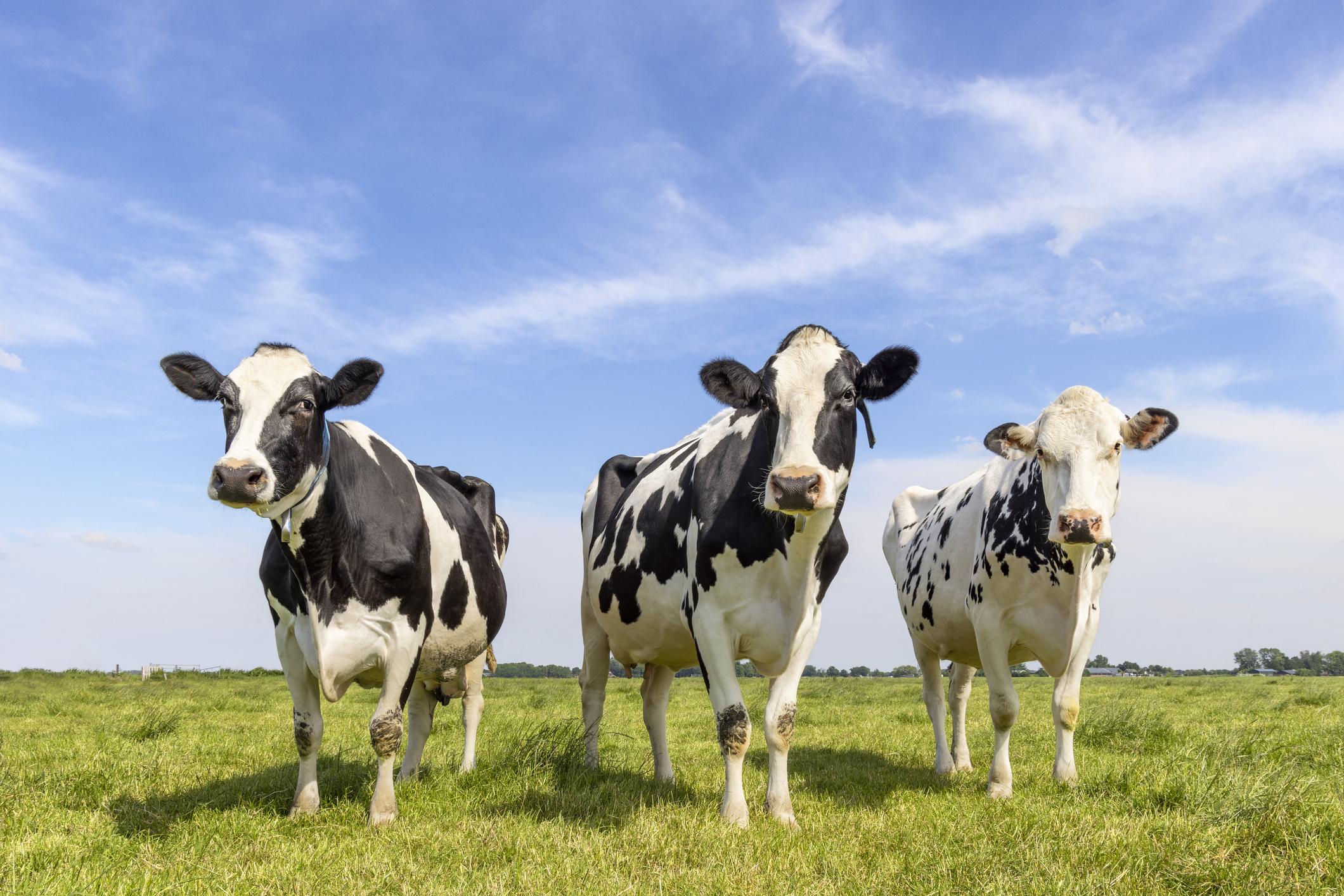A study conducted by the University of Bristol suggests that international recommendations for doctors to help them diagnose cow’s milk protein allergy (CMPA) in infants could lead to overdiagnosis.

- As currently designed, guidelines for physicians to screen infants for cow’s milk protein allergy lead to overdiagnosis.
- A number of symptoms attributed to CMPA, such as colic, pumping or loose stools, are common in infants and do not always indicate an allergy.
The first food allergy to appear in children, cow’s milk protein allergy (CMPA) often begins in the first months of life, when breast milk or infant formula is the main diet. Characterized by digestive, respiratory and skin disorders, it affects, according to official figures, 2 to 4% of infants.
However, according to a new study conducted by the University of Bristol (UK), these figures are probably overstated. In the review Clinical and Experimental Allergy, they believe that international recommendations for doctors could lead to an overdiagnosis of CMPA. The study reveals that three-quarters of infants present, at some point in their first year of life, with at least two symptoms which, according to the guidelines, could be caused by CMPA. However, this condition affects only one in 100 children.
Symptoms not always caused by a cow’s milk protein allergy
The symptoms of CMPA are very varied and often appear as acute manifestations. Examples include vomiting, colic, loose stools, constipation, pruritus (itching), erythema and urticaria.
To measure the incidence of CMPA in infants, the researchers used data from the Enquiring About Tolerance study of 1,303 infants aged three to 12 months, in which parents were asked to note monthly the symptoms experienced by their child. They counted the number of infants with cow’s milk allergy symptoms each month, as defined in the International Milk Allergy in Primary Care (iMAP) guideline.
The results show that one in four parents each reported at least two possible “mild to moderate” symptoms. The number of symptoms was greater when the children were 3 months old and were breastfed, and therefore did not consume cow’s milk directly.
In contrast, at six months of age, there was no difference in the number of children with two or more symptoms between those who consumed cow’s milk and those who did not. These results would therefore suggest that the majority of the symptoms listed in the cow’s milk allergy guidelines are common, normal and not caused by cow’s milk allergy.
A significant risk of overdiagnosis
For Dr Rosie Vincent, who led the research, said, “The recommendations, designed to aid the non-specialist in diagnosing cow’s milk allergy in infants, may unintentionally medicalize normal infant symptoms and promote overdiagnosis of cow’s milk allergy”.
“Our results are set against a background of increasing rates of prescription of specialized formulas for children allergic to cow’s milk, which is completely disproportionate to the frequency of this disease, adds Michael Perkin, from the University of London, who also participated in the study. Parents of young children often come to clinics worried about the medical cause of their child’s symptoms, such as colic, pumping or loose stools. Our research confirms that these symptoms are extremely common. In an otherwise healthy infant, an underlying cause is unlikely. Falsely attributing these symptoms to cow’s milk allergy is not only unnecessary, but can also cause harm by discouraging breastfeeding.”
For the authors, these recommendations must be supported by solid data to “avoid the harm of overdiagnosis, which may be greater than the harm of late diagnosis that they seek to prevent”.

.

















